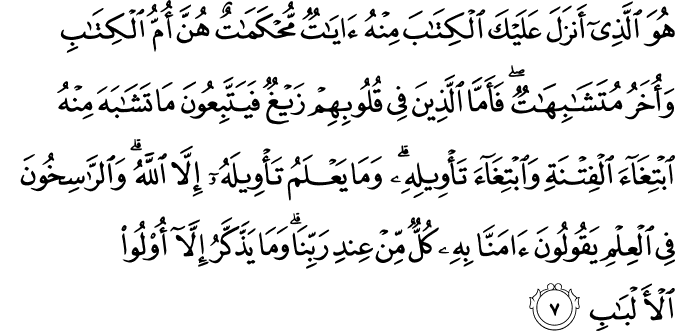Gosh there are some heated stuff going on in this thread, c'mon everyone, no one means ill here

.
Salaam Alpha Dude,

They are secondary to the Quran but also considered compulsory to follow and act upon. Our deen is based on the Quran and the Sunnah (as we are told to do so in the Quran itself).
This issue is not really about anything to follow or act on. This hadith in question is not really imparting anything to do with the Sunnah. Like some others said here, how tall Adam was is possibly irrelevant. What matters more is if something is correct or not.
And yes, Quran and Sunnah are our religion. The main point is the blurring of the lines between hadith and Sunnah. Even here you just did it. We are talking about a hadith that has nothing to do with religious practice or core belief yet you are reffering to the Sunnah.
And yes it is compulsory for us to listen to the Prophet if he tells us we must do something. But again, in hadith, there are many things to be considered, for example there may have been something the Prophet did for a very specific situation, and we are related it without very much context. etc and so forth.
These ahadith are reported in reliable collections hence people are less inclined to question their veracity. However, your mode of reasoning implies we must question any and every ahadith, even those which we don't have a problem believing. How else would one be consistent?
Furthermore, what if the OP were to sit with many scholars and they were able to prove without doubt that the hadith are true (like most here are already under the assumption due to the source), then what do you suggest the OP to do?
'Blindly following' is misleading choice of words as it implies we shut off all faculties of thought and accept all that is told, regardless of who is telling us.
This is wrong because the ahadith collections where the above mentioned have been held as a source for matters of deen for over a thousand years by scholars who have spent years of their life studying enough to know what is and isn't reliable.
Accepting the authority of those who know when we know not is not equal to blind following. Rather, that's intelligently defaulting to the knowledge and understanding of those who have taken the time to learn. Even in the Quran we are told to ask those who know.
Nay. Blind following would be if someone were to take the word of any tom, dick and harry ignoramus off the street on a matter of deen without knowing who that person is and whether or not he knows enough to be worthy of accepted. That's clearly not what we're doing.
Like I said, your approach opens the door to inconsistency. Don't accept this issue, fine, but then be consistent and completely scrutinise every single hadith, personally.
Why should we wash arms hands thrice in wudhu and not 4 times? Maybe the hadith was wrong? What if Allah questions us on the day of judgement for 'blindly following' on this matter? See what I mean, you have to put everything under the microscope if you wish to cast doubt on the validity of the above mentioned ones simply cos you don't like the sound of them.
Such a mindset would open the door to rejecting ahadith altogether as 'you can't be sure which is true and which isn't'.
What should the OP do? As I already wrote in my post, then he should make a more informed decision based upon this.
Yes I agree maybe blindly following is not the ideal words for me to have used. And yes the collections by Bukhari et are v.useful to us, and highly regarded. But it doesnt change facts.
As for the consistency point. If you want to take it in such a black and white way (accept them all as 100% true, or reject them all completely) then both attitudes are extreme.
The undeniable fact is that there are examples of sahih hadith with (at least on the face) questionable matn content, or sometimes other issues. In these cases, taking them at literal face value can be a dangerous thing. I dont know about this particular hadith of Adam in question, but this is why only a hadith scholar or someone who has studied it in depth is qualified to answer.
Hadith is NOT Sunnah, and we should be careful not to assume the Sahih collections are there for us laypeople to read ourselves without knowing much more just like that.
But of course we are lucky to have the sahih texts.
Usually the issues in question are supererogatory, rather its just the principle behind it that Islam stay pure.
Peace




